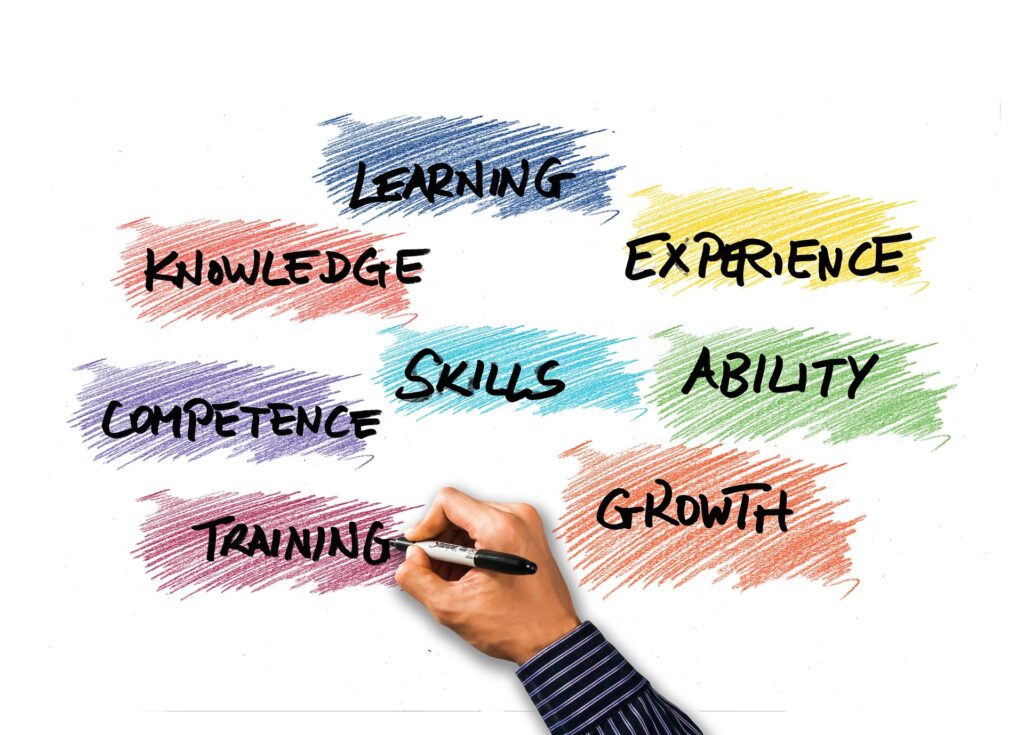
When people hear sales skills, they often picture pushy salespeople or nonstop cold calls. That’s not what good sales is about. Strong sales skills are about connecting with people, understanding what they need, and helping them make choices that work for them.
Whether you are new to sales or have years of experience, improving your sales expertise skills can make a real difference in your results. Some small changes in how you communicate, listen, and manage your time can add up to better client relationships and more closed deals. Here are some of the best sales skills every sales professional should develop and ways to apply them in real situations.
Why mastering sales skills matters for a sales professional?
Success in any profession starts with mastering sales skills. The right approach can make a big difference in your results. Think back to when you were a kid trying to convince your parents to get you ice cream. You were practicing sales skills without even realizing it.
Everyone has some level of sales skills, but honing them intentionally sets top performers apart. To help you grow and succeed, here are 10 sales skills that can strengthen your abilities and improve your professional life.
10 Essential Sales Skills Every Professional Should Learn
Listen More Than You Talk
This seems simple, but many people overlook listening as a sales professional skill. Think about it. In a conversation, who do you remember more- the person who talked nonstop or the one who actually listened?
Active listening is a key part of strong sales skills. Don’t just wait for your turn to speak. Ask questions, nod, and pay attention to what the client says. For example, if a client mentions problems with delivery times, don’t jump straight into a product pitch. Take time to understand the issue. They will notice, and you can suggest a solution that really works for them.
Follow Up Thoughtfully
One of the best sales skills is following up in a way that feels natural. Following up isn’t pestering. It’s showing that you care.
After a client buys a product, you can send a quick message to see how it’s working for them. You might also share a tip that helps them use it better. Small, thoughtful follow-ups strengthen relationships and can lead to referrals. Clients remember when you take the time to check in.
Know When to Speak and When to Stay Silent
Timing matters in sales. I often tell my trainees that you don’t need to fill every silence. Let clients explain their needs first before sharing your ideas.
It’s like talking with friends over dinner. You listen to understand, not just to reply. If you interrupt or over-explain, you risk losing trust. Balancing listening and speaking is a quiet but important part of sales expertise skills.
Manage Your Time Wisely
Time management is an important sales professional skill. You only have so many hours in a day, so how you spend them matters.
Some sales reps spend hours manually entering data or updating spreadsheets that could be automated. Tools like field force automation can help by keeping client info organized and scheduling visits. This frees up time to focus on meeting clients, understanding their needs, and closing deals.
Focus on tasks that make a real impact rather than staying busy for the sake of it. Managing your time well improves productivity and helps you get better results.
Do Your Homework
You can’t sell something you don’t understand. Researching clients, competitors, and market trends is an important part of strong sales skills.
Before a meeting, take time to check the client’s website, recent news, or social media updates. Learn about their challenges and the trends in their industry. Being prepared helps you speak confidently and show that you understand their situation. It also allows you to offer solutions that actually make sense for them.
Small efforts in preparation can make a big difference in how clients perceive you and how effective your sales professional skills are.
Solve Problems, Don’t Just Sell
Customers are looking for solutions, not just products. Developing problem-solving as a sales expertise skill sets top performers apart.
If a client is frustrated with slow delivery, don’t just offer a faster service. Take time to understand the real issue. Is it a scheduling problem or a stock shortage? When you identify the root cause and offer the right solution, it shows you understand their world. Clients remember that approach and it strengthens trust.
Handle Objections Calmly
Objections are not a rejection. They are a chance to show your sales professional skills. When a client raises a concern, listen carefully and respond without getting defensive.
For example, if a client says your product is too expensive, you could say, “I hear you. Some of our clients felt the same at first, but they found the return on investment made it worthwhile.” Handling objections in this way builds trust and can turn a maybe into a yes.
Master the Art of Closing
Closing a deal does not have to feel pushy. One of the best sales skills is knowing when and how to ask for a commitment.
It is like inviting a friend to lunch. You would not nag them, but you would be clear about your plan and check if it works for them. In sales, you do the same. Be clear, confident, and considerate. Choose the right moment and make it simple for the client to say yes.
Embrace Technology
Technology can help you sharpen your sales expertise skills. Tools like field force automation let you track clients, schedule visits, and prioritize leads. When all your client information is in one place, you spend less time on spreadsheets and scattered notes. This gives you more time to focus on relationships and planning your approach . Getting comfortable with technology is now a key part of being an effective sales professional.
Keep Learning and Adapting
Sales is always evolving, and strong sales skills mean staying up to date with new strategies, tools, and customer insights. When a new app or tool makes field sales reporting easier, take time to try it out and see how it fits into your routine. The more you adjust and adapt, the sharper your sales professional skills become. Being flexible helps you handle challenges better, improve results, and make the most of your day in the field.
What’s Next?
Developing sales skills is not about memorizing scripts. It is about understanding people, solving problems, and using the right tools. Focusing on listening, research, time management, and technology like field force automation can improve both your results and your relationships. Think of sales as a craft. The more you practice, the better you become. Tools like Happisales help your team track, manage, and optimize each interaction, making daily work smoother and letting you apply your sales professional skills more effectively.
You can experience Happisales yourself with a 14-day free trial and see how your field team can perform at their best. Schedule your demo today and start transforming the way your team works.


